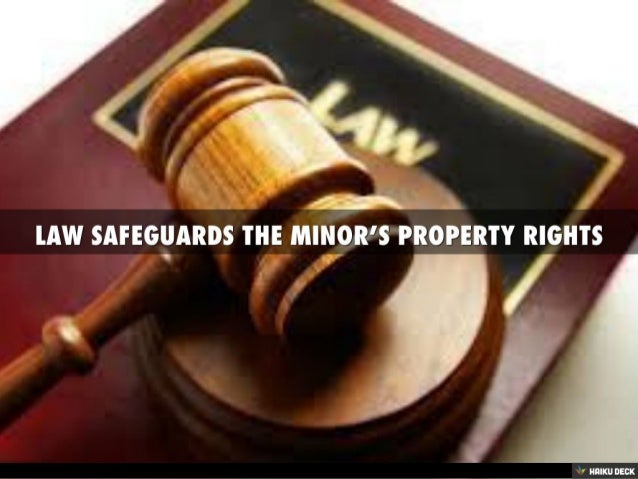


Once inside a dwelling, police may search the entire area without first obtaining a search warrant. Police may enter a private dwelling if they are in "hot pursuit" of a fleeing criminal. An officer may search a vehicle if they have a reasonable belief that contraband is contained inside the vehicle. Police are not required to obtain a search warrant if they reasonably believe that evidence may be destroyed or others may be placed in danger in the time it would take to secure the warrant.

If a person is arrested in or near a vehicle, the officer has the right to search the passenger compartment of that vehicle. While conducting a lawful arrest, an officer may search an individual's person and their immediate surroundings for weapons or other items that may harm the officer. An officer may seize evidence without a warrant if an officer is on the premises lawfully and the evidence is found in plain view. Consent must be freely and voluntarily given by a person with a reasonable expectation of privacy in the area or property to be searched. For example, a police officer may ask to see a persons identity documents while conducting. Police may conduct a search without a search warrant if they obtain consent. The police have powers that ordinary citizens do not have. Common exceptions to the warrant requirement include: Under some circumstances, police are authorized to conduct a search without first obtaining a search warrant. Can police conduct a search without a search warrant?


 0 kommentar(er)
0 kommentar(er)
